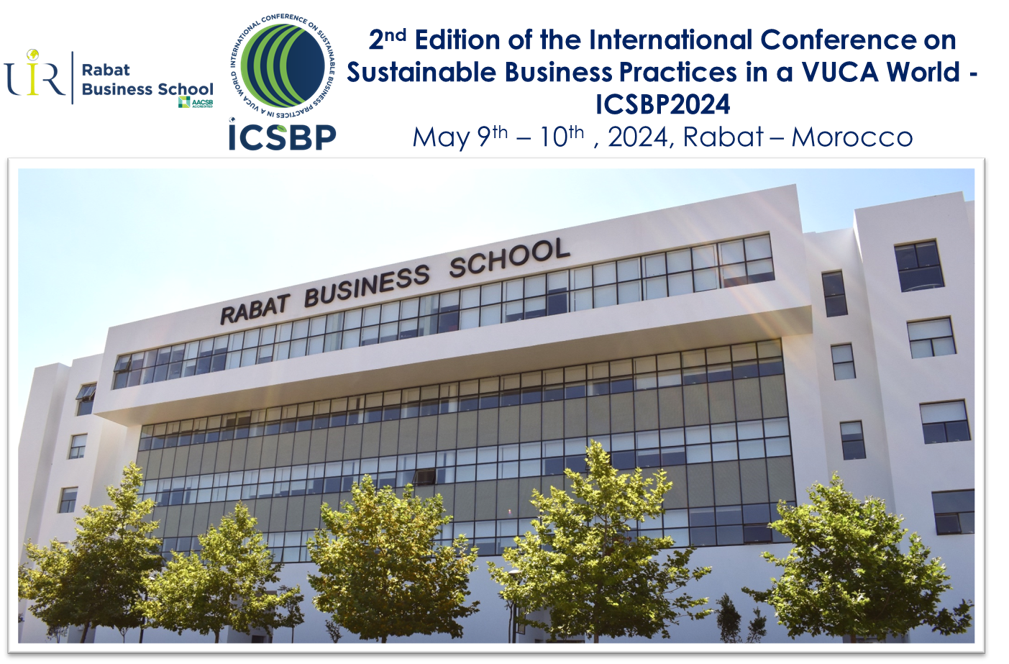
|
|
|
Human Resources & Organizational Behavior Tracks > Track 27: HRM in the Global South: Challenges, Paradigms, and ComplexitiesTrack Chairs:
The “Global South” (comprising Africa, Latin America, and most countries in Asia, which represents two-thirds of the global population) is the part of the world that has not yet achieved the same levels of wealth, life expectancy, economic development, education, and political stability that many countries in the Global North (i.e., North America and Europe, as well as Japan, South Korea, Australia, and New Zealand) have accomplished (Mimiko, 2012; Miraftab & Kudva, 2014; United Nations, 2018). What characterizes the Global South is “a shared heritage of recent colonial histories in the global peripheries” (Miraftab & Kudva, 2014, p. 4). Economic and social development is significantly associated with the quality of human capital, its availability and how human resources are managed (Bloom et al., 2012, 2014), and the Global South positions modestly in this regard (INSEAD, 2022; World Bank, 2021). Therefore, efforts must be carried out, by both scholars and practitioners, to make HRM theories, practices, and policies more consistent with the Global South economic, social, and cultural idiosyncrasies. HRM literature is significantly “Western-biased”, and most popular and cited studies have been carried out in the context of Global North (Adisa et al., 2022). However, context matters, and Southern voices must be more heard (Adisa et al., 2022; Jayawardena, 2021). As Adisa et al. (2022) stated, “If we are to improve our understanding of global HRM, particularly HRM in the Global South, we need country-specific studies that take local factors and institutions into account (…)”. These authors also argued that “developing countries have unique national, economic and cultural context and traditional institutions, which are often in conflict with the western-developed approaches/frameworks/theories, and traditional ways of doing things”. With this background in mind, this track invites contributions aimed at making sense of how (postcolonial) Southern organizations have (or haven’t) accepted, adopted, or adapted the Western HRM paradigm, and how the route they have chosen has (or hasn’t) contributed for the Southern organizational and economic development. The track aims to discuss relevant research into the dynamics of HRM in the Global South. Conceptual, qualitative, quantitative, and mixed methodology approaches will be well received. The topics to be covered, but not limited to, are: (a) the role of HR management and managers in postcolonial Southern organizations; (b) HRM trends and challenges in the Global South economies; (c) HRM policies and practices being adopted/adapted in the Global South context, and their impact on organizational functioning and performance; (d) new and/or adapted paradigms of HRM in the Global South; (e) difficulties, challenges and opportunities experienced by multinational companies operating in the Global South; (f) what can the HRM discipline learn from the Global South; (g) the extent to which the presence of HRM in the Global South is (or is not) characterized not only by hybridity but also by ambivalence (Jayawardena, 2021).
References Adisa, T.A., Mordi, C. & Gbadamosi, G. (2022). Introduction: Context matters in human resource management. In T.A. Adisa & C. Mordi (Eds.), The dynamics of human resource management in the global south: A critical perspective (pp. 3-14). Palgrave Macmillan. Bloom, N., Genakos, C., Sadun, R., & Van Reenen, J. M. (2012). Management practices across firms and countries. Academy of Management Perspectives, February, 12-33. Bloom, N., Lemos, R., Sadun, R., Scur, D., & Van Reenen, J. (2014). JEEA-FBBVA lecture 2013: The new empirical economics of management. Journal of the European Economic Association, 12(4), 835-876. INSEAD (2022). The global talent competitiveness index 2022: The tectonics of talent: Is the world drifting rowards increased talent inequalities? Fontainebleau, France. Jayawardena, D. (2021). Critical human resource management: People management across the Global South and North. Routledge. Mimiko, N. O. (2012). Globalization: The politics of global economic relations and international business. Carolina Academic Press. Miraftab, F., & Kudva, N. (2014). Cities of the global South reader. Routledge. United Nations (2018). World economic situation and prospects 2014. New York: United Nations. World Bank (2021). The human capital index 2020 update: Human capital in the time of COVID-19. Washington, DC: World Bank. |

